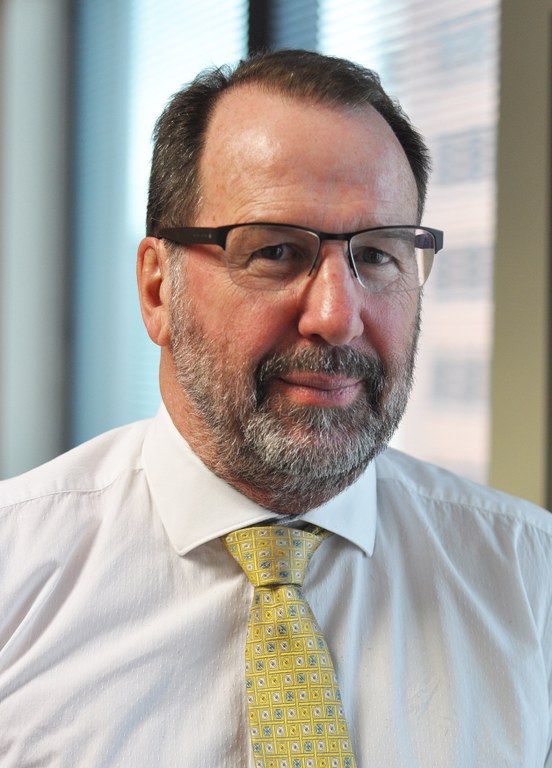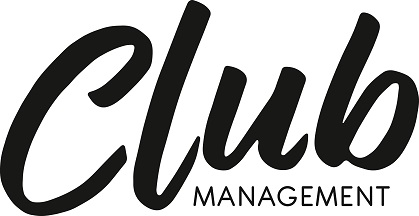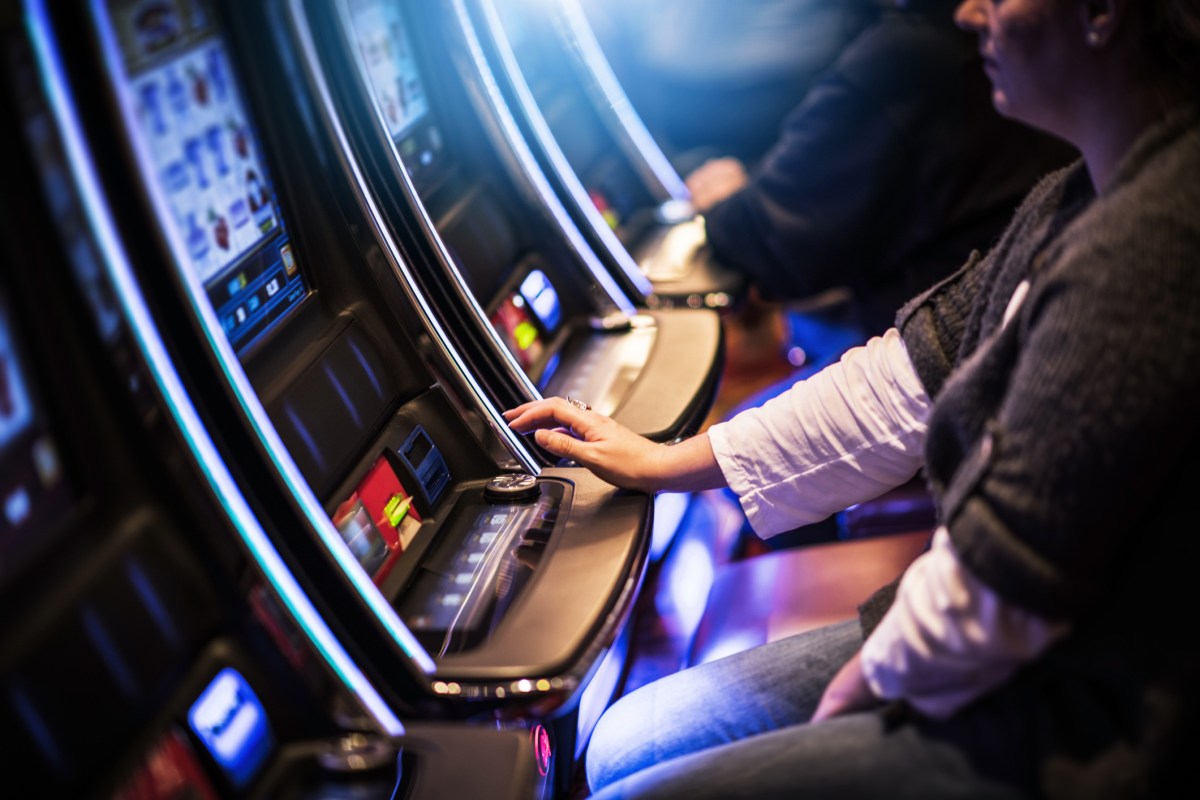ClubsNSW said the NSW Crime Commission’s Islington Report “vindicated” the club industry despite the report finding there are no controls or data collection methods used to keep an eye on who is funnelling tens of billions of dollars through clubs and pubs. The NSWCC report, released this morning, is the result of a multi-agency investigation into how funds from criminal proceeds are being channelled through EGMs in pubs and clubs throughout the state.
The NSWCC Islington Report has made several recommendations – including a mandatory cashless gaming system – to crack down on criminal funds being laundered or used through pubs and clubs.
The inquiry examined two forms of money laundering – that which seeks to use EGMs to load, ‘clean’ and then withdraw cash to hide its origin and that which involves criminals using the ‘dirty’ cash to gamble. Both are serious offences under the Crimes Act carrying a maximum 15 years’ jail.
The inquiry found that the ‘cleaning’ of the proceeds of crime is not widespread in clubs and pubs as processing vast sums of cash is inefficient compared to other avenues for laundering. However, large sums of the proceeds of crime are being gambled by criminals in pubs and clubs across the state.
“At the moment serious offenders can enter NSW pubs and clubs, sit down next to patrons in gaming rooms, and openly feed large sums of cash from their crimes into poker machines with no real fear of detection,” stated New South Wales Crime Commissioner Michael Barnes.

“The lack of traceable data collected by EGMs means the exact scale of this criminal activity is impossible to determine but it is clear from our investigations it involves many billions of dollars every year. These basic reforms will help exclude vast sums of dirty cash that are primarily the proceeds of drug dealing. I’m sure venues won’t argue they should keep receiving that.”
But ClubsNSW CEO Josh Landis said that for well over a year, the NSW club industry has been accused of allowing criminal gangs to launder substantial sums of dirty cash through poker machines.
“Today, the NSW Crime Commission has revealed that those allegations were — and are — completely baseless,” he said in response to the report. “The NSW Crime Commission found that using gaming machines to clean large quantities of dirty money is ‘high risk and inefficient’ and that the practice is not widespread. This is the finding that our not-for-profit member clubs expected.
“This report vindicates clubs and their 53,000-plus employees across the state. It confirms clubs do not aid or abet money laundering.”
He said ClubsNSW welcomed the Crime Commission’s recommendations to further improve the regulatory framework, including those proposed by ClubsNSW to bolster risk controls and empower clubs to ban criminals for life, such as the recommendation of a state-wide exclusion register which would allow police to alert venues to patrons with criminal links.
“We believe this measure, together with the introduction of facial recognition technology announced by clubs and pubs last week, will make it near impossible for a criminal to enter a club in the future,” Landis said.

